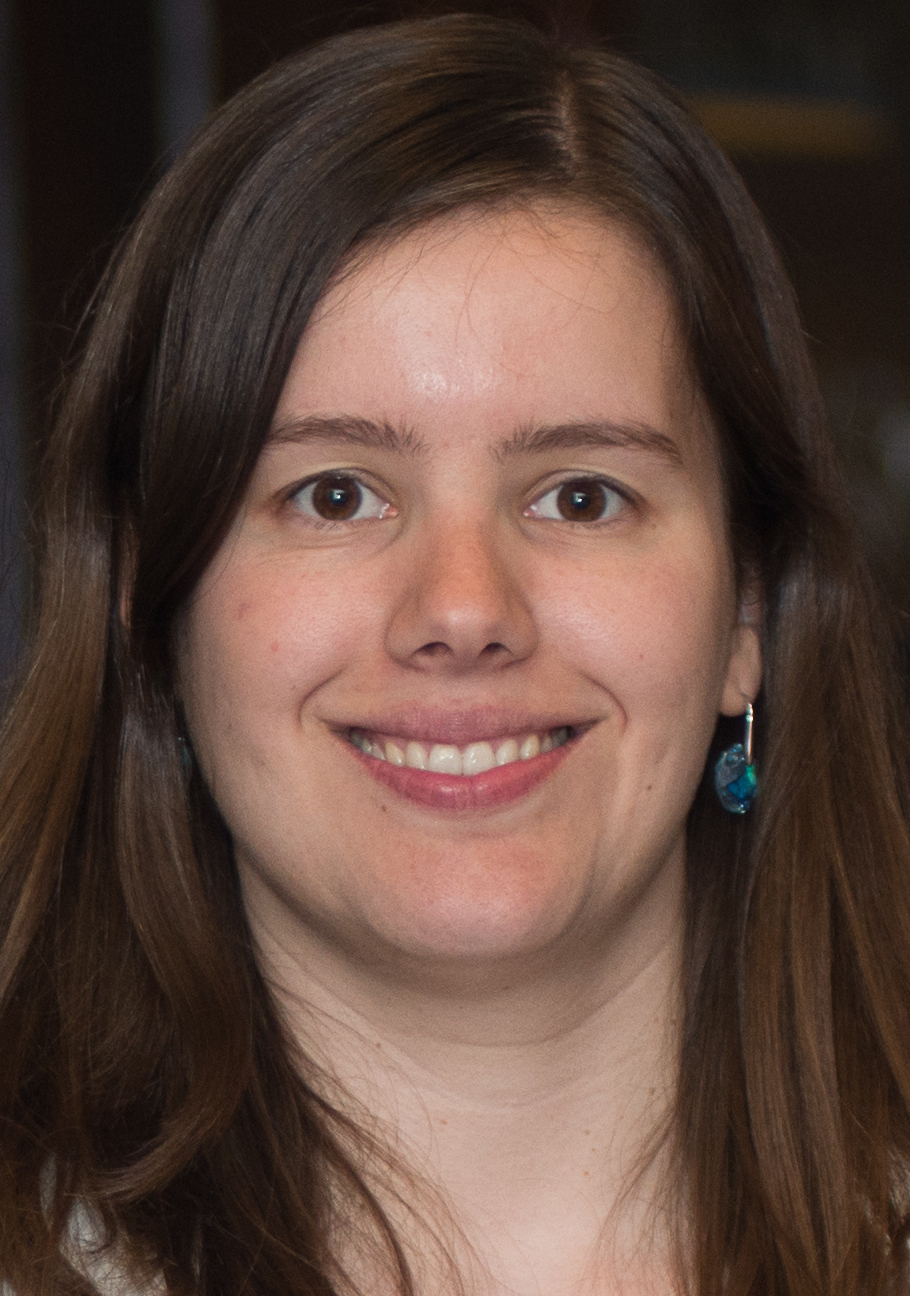 Ana Santos Rutschman is DePaul's 2016-2017 Jaharis Faculty Fellow.
Ana Santos Rutschman is DePaul's 2016-2017 Jaharis Faculty Fellow. DePaul University College of Law has named Ana
Santos Rutschman the Jaharis Faculty Fellow for academic year 2016-2017.
Rutschman will be conducting cutting-edge research at the intersection of
health law and intellectual property, specifically related to the negotiation
of intellectual property licensing in the biopharmaceutical industry during pandemic
disease outbreaks.
Rutschman, an SJD candidate at Duke
University School of Law, is currently finishing a project with the World
Health Organization (WHO) that charts the licensing of intellectual property and
its effect on the response to the outbreaks of the Ebola and Zika viruses in 2014 and
2015. Her research evaluates the global response, but in particular maps the European
and American reaction times and systems. She explains that organizations, like
the WHO, are beginning to look at how intellectual property negotiations can be
streamlined to allow for faster development and deployment of medical
treatments during such outbreaks.
“The area of IP negotiations is still
underexplored, especially in terms of what are best practices in emergency
responses,” said Rutschman. “Much could be avoided if we had better blueprints
for negotiations in pandemic outbreaks like [Ebola]. The biopharmaceutical
industry traditionally acts very slowly; it generally takes at least 10 years
to develop a vaccine. ... It’s unfortunate that IP could stand in the way for
vaccines already in the pipeline when an emergency happens, like the Zika and
Ebola outbreaks.”
Rutschman discovered that, with Ebola, vaccines
were eventually passed through the system before licensing was completely
finalized. “If we can agree in advance on a set of provisions related to IP,
then we can move ahead with those contracts or agreements after the vaccines
have been pushed through the pipeline to help address emergency situations.”
During the course of her research on the
response to the Ebola outbreak, Rutschman talked to many different
organizations, some of which were not yet looking at Ebola as a case study on
the interplay between intellectual property and global responses to pandemic
outbreaks. Then, the Zika outbreak began. She explained that some of the same
organizations “rushed to map out previous alliances based on the Ebola
responses. ... Behaviors changed a lot. That was certainly some of the most
fascinating part of my work.”
In addition to her research, Rutschman will
teach a seminar on health innovation and intellectual property and a course on food
and drug law at DePaul. She also will work closely with the Jaharis Health Law Institute and the Center for Intellectual Property Law & Information Technology. She begins the one-year fellowship on July 1.